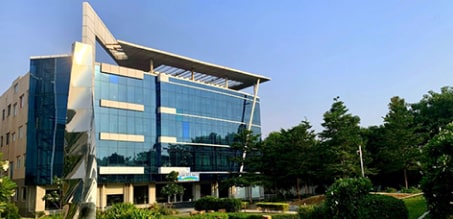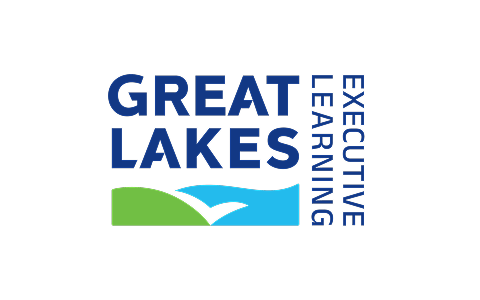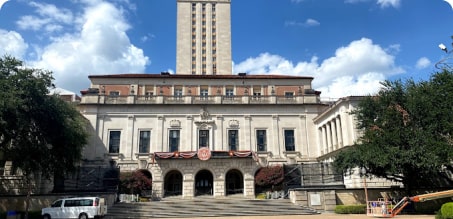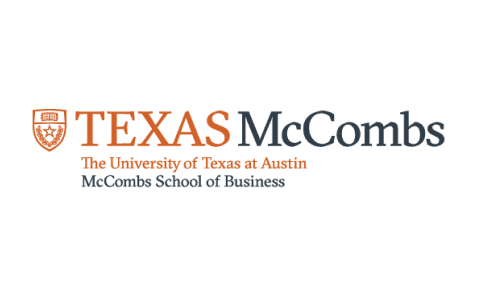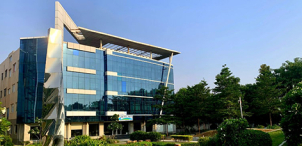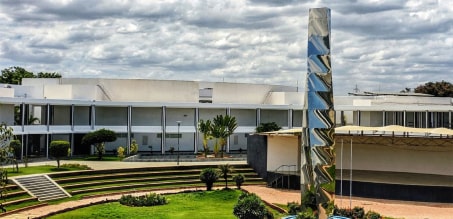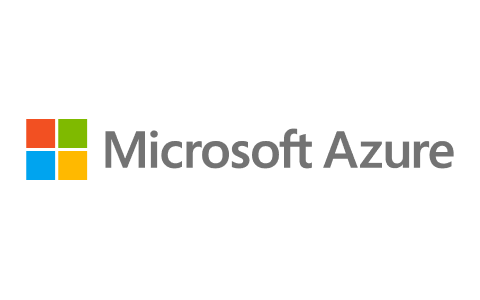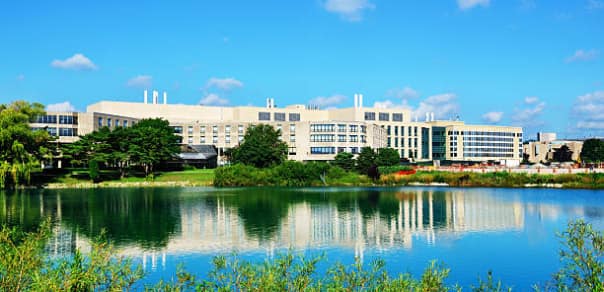Introduction to Production Management
Enroll in this free Production Management course learn from basics. Taught by our experts on Aggregate Planning, Inventory Control, Forecasting and more. Start your journey today and become a Production Management expert!

Ratings
Level
Learning hours
Learners
Skills you’ll Learn
About this course
In this course, we'll cover the basics of production management, including aggregate planning, inventory control, forecasting, assembly line balancing, and plant location. Learn how to balance supply and demand, optimize resources, and manage inventory levels. Understand how to use forecasting to predict future demand and optimize assembly lines for maximum efficiency. Lastly, we'll explore how plant location can impact production, considering factors like proximity to suppliers, transportation costs, and labor availability. By the end of this course, you'll have a solid foundation in production management and the skills to effectively manage a production process. Don't miss out on this opportunity to expand your knowledge and enhance your skills. Sign up for our free course today!
Course Outline
What our learners enjoyed the most
Skill & tools
61% of learners found all the desired skills & tools
Ratings & Reviews of this Course
Frequently Asked Questions
Will I receive a certificate upon completing this free course?
Is this course free?
What are the prerequisites required to learn this Introduction to Production Management Course?
You do not need any prior knowledge except knowing what Production Management is to learn this Introduction to Production Management Course.
How long does it take to complete this free Introduction to Production Management course?
Introduction to Production Management course is a 1.5 hour long course but it is self-paced. Once you enroll, you can take your own time to complete the course.
Will I have lifetime access to the free course?
Yes, once you enroll in the course, you will have lifetime access to any of the Great Learning Academy’s free courses. You can login and learn whenever you want to.
Popular Upskilling Programs
Introduction to Production Management
Production management is a critical aspect of any manufacturing or production process. It involves the planning, organizing, directing, and controlling of production processes to ensure that products are manufactured efficiently and effectively. The aim of production management is to maximize production efficiency, minimize costs, and deliver high-quality products that meet customer expectations. The production management process begins with planning. This involves forecasting demand, setting production targets, and determining the resources required to achieve those targets. The planning stage also involves developing production schedules, identifying production bottlenecks, and developing contingency plans to address unexpected events that may impact production. The second stage of production management is organizing. This involves organizing the resources required for production, including personnel, materials, equipment, and facilities. The organizing stage also involves developing procedures and systems to manage the production process, such as quality control procedures, maintenance schedules, and inventory management systems.
The third stage of production management is directing. This involves managing the production process to ensure that it operates efficiently and effectively. This stage involves supervising production personnel, monitoring production processes, and implementing corrective actions when necessary. The directing stage also involves communicating production goals and expectations to production personnel and ensuring that they understand their roles and responsibilities. The final stage of production management is controlling. This involves monitoring production processes and performance against established targets, identifying variances, and implementing corrective actions to address those variances. The controlling stage also involves measuring production efficiency and effectiveness, identifying areas for improvement, and developing strategies to improve production processes and outcomes.
One of the key challenges of production management is managing production costs. Production costs include direct costs, such as materials, labor, and equipment, as well as indirect costs, such as overhead expenses. To manage production costs, production managers must analyze production processes to identify areas where costs can be reduced or eliminated. This may involve optimizing production schedules, reducing waste and scrap, and implementing lean manufacturing techniques to streamline production processes. Another key challenge of production management is ensuring product quality. Quality control is critical to ensuring that products meet customer expectations and comply with industry standards and regulations. To manage product quality, production managers must implement quality control procedures, such as statistical process control and quality assurance systems, to monitor production processes and identify defects or quality issues. Production managers must also train production personnel on quality control procedures and ensure that they understand their roles and responsibilities in ensuring product quality.
In addition to managing costs and ensuring quality, production managers must also manage production capacity. Production capacity refers to the maximum amount of output that a production process can produce over a given period of time. To manage production capacity, production managers must ensure that production processes are optimized to maximize output and minimize downtime. This may involve implementing preventive maintenance programs, investing in new equipment or technology, or developing contingency plans to address unexpected disruptions to production. Overall, production management is a complex and challenging process that requires careful planning, organization, direction, and control. Production managers must balance the competing demands of cost, quality, and capacity to ensure that products are manufactured efficiently and effectively. By implementing effective production management strategies, production managers can improve production efficiency, reduce costs, and deliver high-quality products that meet customer expectations.






















.jpg)
.jpg)

